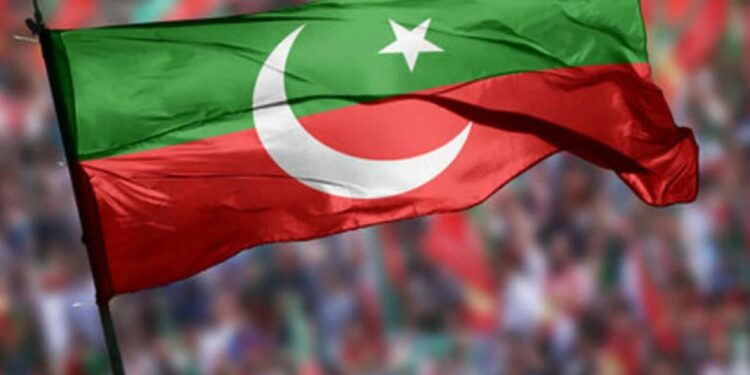Supporters of Pakistan Tehreek-e-Insaf (PTI) marched towards Islamabad on Sunday, calling for the release of their leader, Imran Khan, and other political prisoners. In response, the government took strict measures to prevent the rally, including locking down the capital, suspending mobile internet services, and deploying thousands of police and paramilitary forces.
Imran Khan’s Appeal to PTI Supporters
Imran Khan urged his supporters to gather at D-Chowk, a key public square in Islamabad, and stay there until their demands were met. In anticipation of the opposition rally, Prime Minister Shehbaz Sharif’s coalition government had already mobilized extensive security forces. They blocked major highways leading to Islamabad and imposed a ban on all gatherings in the city, further heightening the tension.
Heightened Security in the Capital
Authorities sealed off critical roads in the capital, using shipping containers to prevent protesters from reaching sensitive government locations, including the Parliament and Supreme Court. The Interior Minister, Mohsin Naqvi, warned that anyone attempting to enter these protected areas would face arrest.
Despite the government’s strict security measures, PTI leaders and supporters remained determined to reach the capital. There were reports of clashes, with police deploying tear gas against protesters trying to make their way to Islamabad. PTI’s central leader, Ali Amin Gandapur, stated before departing for the capital that their protest would continue until all demands were addressed.
Internet and Communication Disruptions
In an attempt to control communication, global internet watchdog NetBlocks reported disruptions to WhatsApp services in Pakistan, confirming the difficulty many users were facing in sharing media. The Interior Ministry announced plans to shut down mobile data and Wi-Fi services in high-security zones but assured that services outside these areas would remain unaffected.
Arrests and Road Closures
Islamabad police arrested several PTI lawmakers on their way to the capital from Punjab province. Thousands of PTI supporters gathered at the borders of Punjab and Khyber Pakhtunkhwa provinces to begin their journey toward Islamabad. Former President Arif Alvi also joined the protest in Peshawar, aiming to reach the capital.
In addition, police placed shipping containers at key entry points to Islamabad, Lahore, Rawalpindi, and other cities, particularly at the borders of Khyber Pakhtunkhwa. Pictures from the scene showed largely deserted roads, with only a few motorbikes making their way through narrow gaps left by blocked trucks.
Alleged Police Aggression
PTI officials reported that their convoys faced aggressive actions by the police. The party claimed that opposition leader Omar Ayub’s convoy was targeted near Taxila with tear gas shells. PTI MNA Sher Afzal Marwat shared a video showing his brother, Khalid Latif Khan, describing an ongoing shelling at Daud Khel. Despite these challenges, PTI leaders insisted that they would not back down and were determined to reach D-Chowk, even if it meant enduring further confrontation.
As tensions continued to rise, the government’s heavy-handed approach contrasted with the determined resolve of PTI supporters, making Sunday’s march a significant moment in Pakistan’s ongoing political drama.







